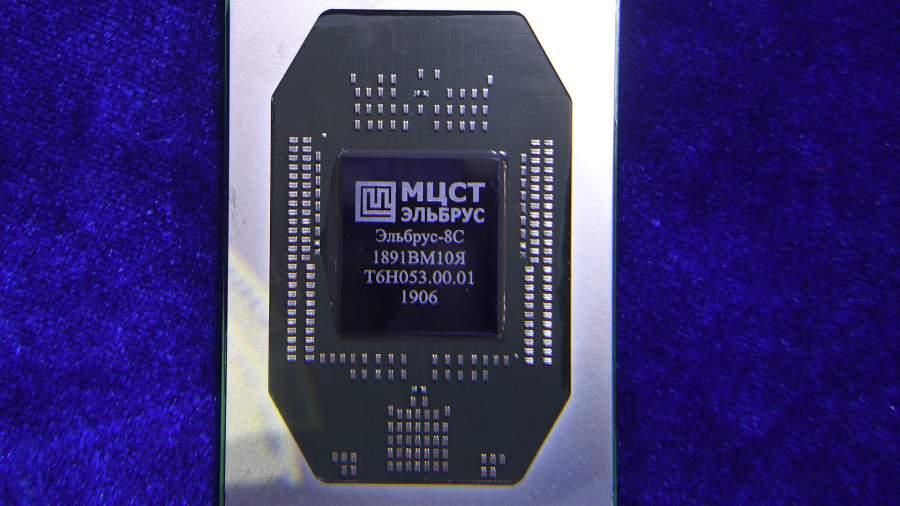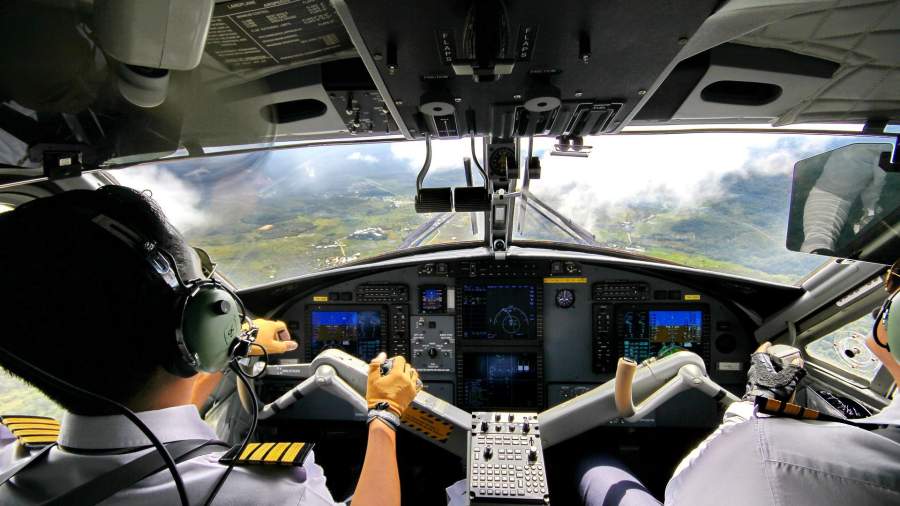A neural network factory has appeared in Russia – its specialists will be engaged in standardization and development of artificial intelligence systems for all companies planning to increase their efficiency. For this task, the Center for AI Technologies (CTII) was opened at the Institute. NOT. Zhukovsky. Among the solutions being created: electronic assistants that allow pilots to land planes in any weather, neural network autopilot and navigation for drones, which works in the absence of a GPS signal. In addition, within the framework of the project, it is planned to create products to optimize logistics and solve scientific problems.
Table Of Contents
Depths of learning
Artificial intelligence is one of the most advanced business tools that allows you to solve a variety of technical problems, increasing the efficiency of processes and eliminating the need for people to do routine work.… However, if large companies have special departments for working with neural networks, then small organizations often cannot hire the necessary specialists, which slows down the introduction of technologies. This situation can be changed by the opening of the Center for Artificial Intelligence Technologies (CTII) at the Institute. NOT. Zhukovsky – neural networks will be created in it to solve the problems of specific companies that want to outsource this work.
“In our work, we focused on training deep neural networks that give the best results in data processing due to their multilevel structure, which includes thousands of layers,” said the head of the CTII, Academician of the Russian Academy of Sciences Sergey Zheltov. “This structure already allows artificial intelligence to surpass human capabilities.
For deep learning of neural networks in the new center, high-performance computing systems are used, which are based on domestic Elbrus-8C processors and graphics cards. This makes it possible to train artificial intelligence systems on millions and billions of examples, achieving the highest quality of work from them. Moreover, further operation of the neural networks obtained with the help of supercomputers will not require large computing resources, which will allow them to be combined with the on-board equipment of aircraft and standard company servers.
With the help of the systems prepared in the technology center, it will be possible to solve a wide variety of business problems.
– These can be both image processing solutions and systems that work with sound or analyze logistic schemes to select the optimal travel routes., – explained the head of the subdivision “Data mining systems, technical vision, improved and synthesized vision” of FSUE “GosNIIAS” Yuri Vizilter. – It should also include a variety of scientific and technical problems – for example, related to predicting the properties of chemical molecules or advanced training in robotics.
It is expected that the development of the center will accelerate the pace of implementation of neural network tools, which will affect the overall competitiveness of Russian business.
Smart landmark
Also, the new center will create solutions for defense and aviation enterprises. In particular, according to Sergei Zheltov, the efforts of specialists will be directed to image recognition technologies, which will allow creating programs aimed at better orientation of a person in space.
This will be especially true for pilots who can make mistakes in poor visibility conditions during the flight. For example, you can reduce the likelihood of accidents by installing an improved vision system on the aircraft, which will receive information from cameras on the fuselage and process it, improving the image quality. The image will then be broadcast in the cockpit, allowing the pilot to see in time obstacles (natural objects, buildings or equipment) that could interfere with the flight.
The created neural networks can be useful even if they are introduced into unmanned aircraft.
– The GPS signal, by which modern drones are guided, can be unexpectedly interrupted during the flight, disorienting the car in space, – said Sergey Zheltov. – In the future, this will be avoided by an additional navigation system, which can determine the location of the drone by analyzing images from its cameras – using a neural network, they will be tied to specific locations on the map.
Besides, enhancing the safety of drone flights will be served by a neural network control system that will be trained in piloting in a virtual environment with constant consideration of possible errors. According to experts, this approach is much more reliable than the classic autopilot, whose work is based on standard mathematical algorithms and cannot always guarantee a successful exit from critical situations.
“The problem with the interruption of the GPS signal really exists and is especially acute in flights over long distances (from 10 km and more),” said Alexander Ryzhov, CEO of Skyeer. – Therefore, additional neural network navigation systems are relevant and may be in demand in the market.
According to the expert, the proposed products, subject to their high-quality implementation, can increase flight safety, which should remove some of the restrictions on the use of technology. As a result, it is desirable to get a positive reaction from the state in the form of opening the airspace to more drones.

